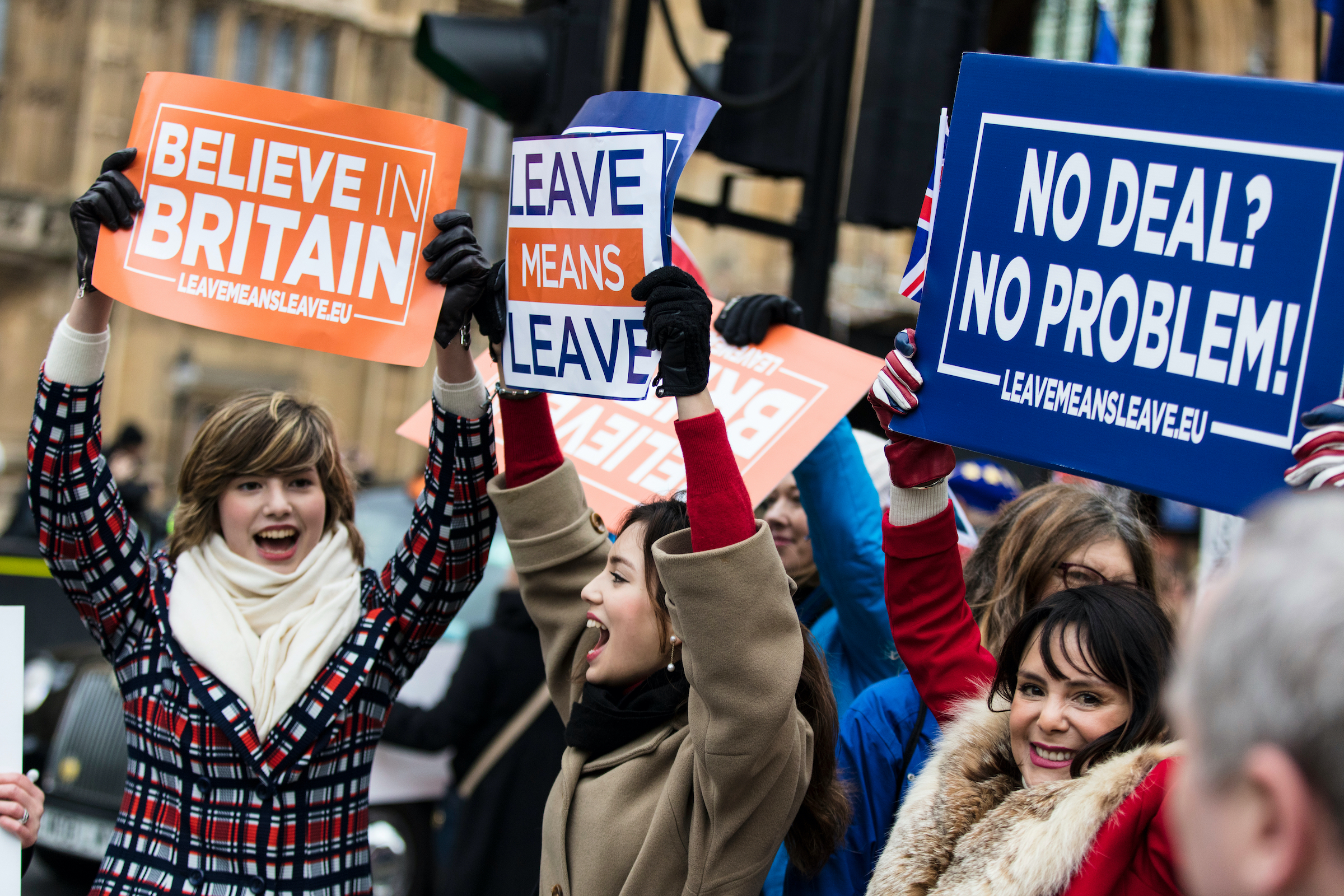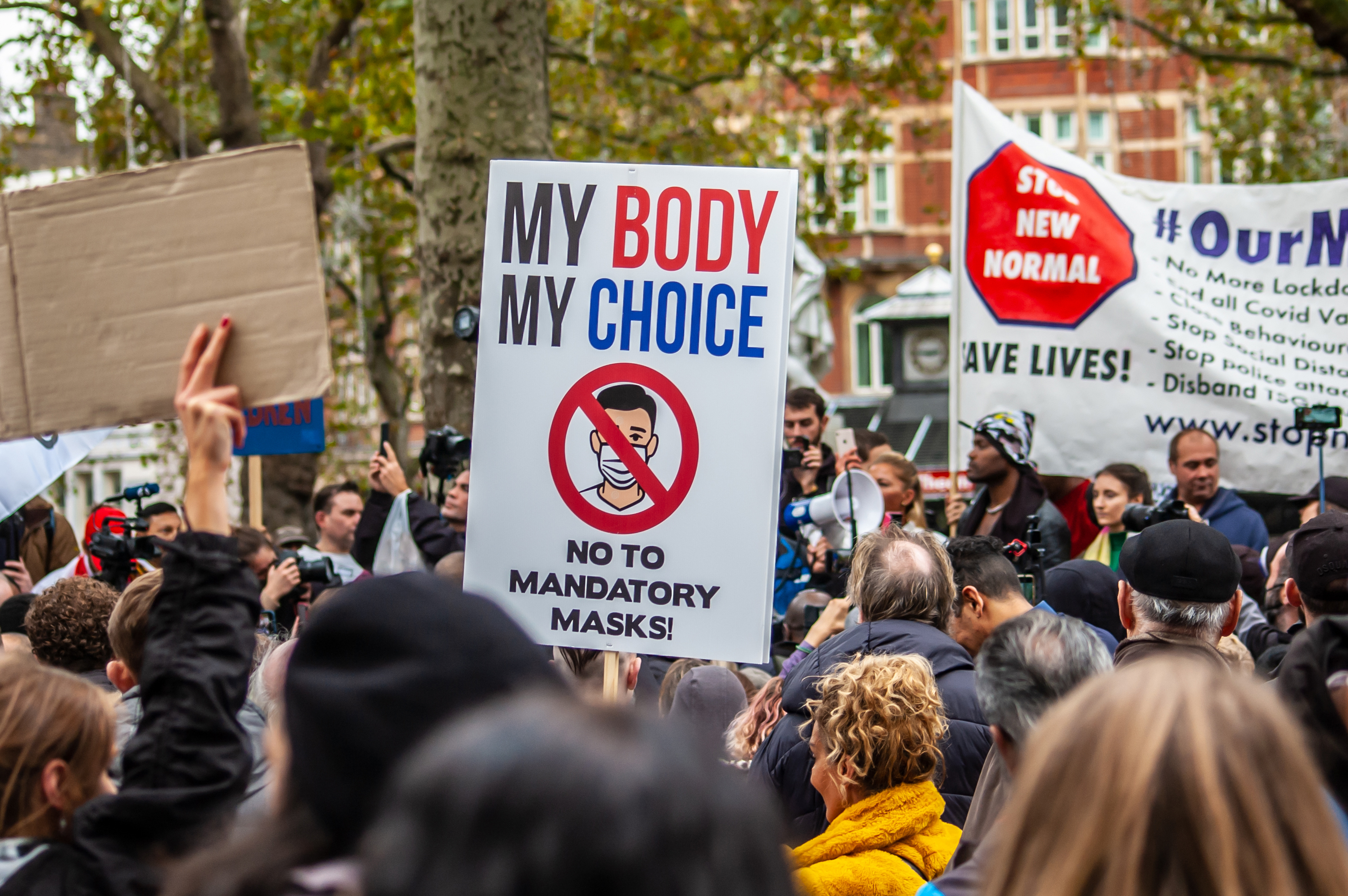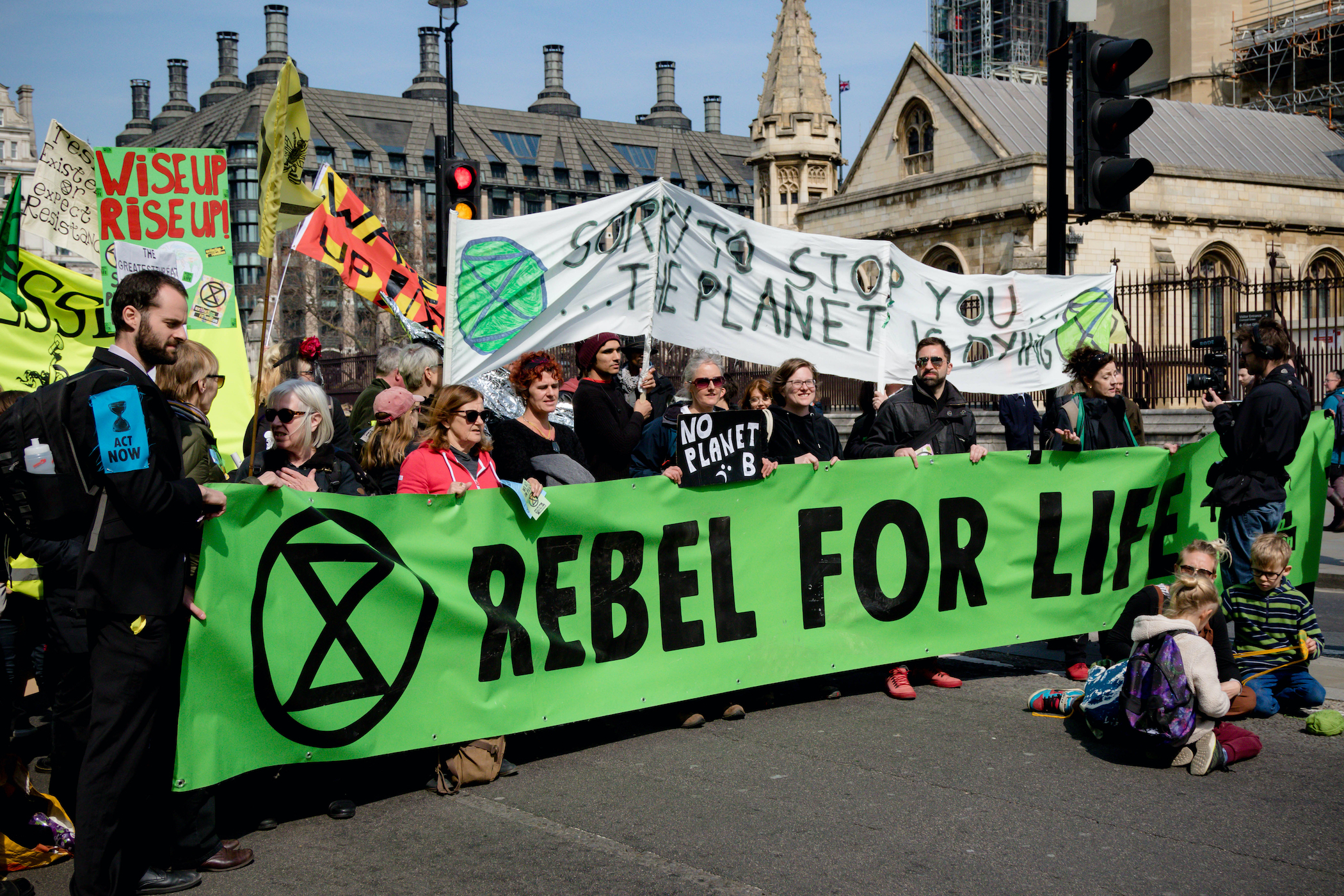A critique of emergency politics
Emergency politics in general is a reactive form of politics. When one engages the formula of exceptional measures for exceptional times it’s often with a sense that one has no choice. The governing authorities of the day typically pronounce what they are doing as unavoidable, both in its substance – we have no choice but to take certain economic or geopolitical measures – and its timing – we can’t afford to wait and need to act now.
If we think of the 21st century as characterised by all politics lapsing into emergency politics, and if that becomes a pattern, then it would be surprising if one didn’t see the emergence of a critique that says this is just too acquiescent. Political authorities shouldn’t be taking decisions just because circumstances require it. They should be calling the shots. They should be deciding what priorities they want to follow. They should sometimes refuse to be influenced by the financial markets or by other forms of pressure; they should insist that they are the ones who choose what they want to do. In other words, the critique is that they should be engaging in a politics of what I call volition rather than a politics of necessity.
Many contemporary forms of insurgent politics, politics that criticises established power, might be understood in these terms as forms of anti-emergency politics. They often attract the label of populism, so they are often seen to be forms of politics that are in the name of the will of the people, and against a form of governing logic which has lost touch with the will of the people. Maybe this governing logic has become too technocratic; maybe it has become divorced from any plausible claim to the will of the people.
While that’s all true at one level, it’s also important to notice that many of these critical forms of politics, both on the left but especially on the right, are taking aim at what they see as a politics of necessity: a politics of acquiescence in external circumstances.
There is a range of contexts in which they are saying that, instead of a politics of necessity, they want to see a politics of agency. That’s one way to read Brexit: themes of taking back control. Of course, part of that is an insistence on popular will, but part of it is also a repudiation of a politics of necessity. In other words, it’s about taking back some notion of agency, that decisions are made out of choice rather than because someone has deemed them unavoidable.
You can see that most recently in the case of the coronavirus pandemic. One might see the story of 2020 not just as the story of emergency politics – national lockdowns, transnational forms of exceptionalism, the European Central Bank increasing its powers – but also as the story of anti-emergency politics. Think of anti-lockdown protests, which often have this flavour. It’s not so much individuals asserting their rights not to wear a mask – although on one level it’s as banal as that – it’s an insistence that there should be the right to choose how to respond to exceptional circumstances, rather than to assume that certain types of response are mandated; an assertion that the authority of medical practitioners and others should be contested rather than accepted.
You can also see this in the response of leaders in power, again often of the far right. At different moments in 2020, Jair Bolsonaro, Donald Trump and Boris Johnson were all reluctant to embrace emergency rule and more inclined to insist that they would do things differently, somehow diminishing the threats in question. A discourse study of Johnson in this period found that he was far more inclined to use words like “I want” when talking about public policy, compared to leaders in more centre-left or liberal countries, such as New Zealand, where the preferred language was “we need”. That’s significant. In many countries in this period, where populists were in power, there was this desire to frame choices as an extension of volition, of what we want to do rather than what we have to do.
Charting a third path
The only way to really chart a third path would be a rediscovery of a politics of principle or ideology. That would then shift the emphasis of decision-making to priorities, to ideological commitments, rather than simply responding to events as they arise or denouncing those in power for their acquiescence in the problems of the moment.
It’s striking that the rise of emergency rule in the 21st century corresponds to the decline of ideological forms of politics, and the decline of mass political parties. These are forms of politics that bound leaders to a certain set of ideas or commitments, and also bound them to the decision-making apparatus of a political party, for example, rather than simply concentrating power in the hands of the few.
Emergency politics from above and below
Climate change is a very distinctive form of crisis. It seems to be encouraging new forms of emergency politics. Some of these, to use a simple dichotomy, are emergency politics from above: existing governments governing extreme situations that are associated with climate politics, like floods or droughts, and the rise of extreme draconian measures as ways of handling those situations. We can expect more and more of that.
But at the same time, in the context of climate politics, we might see the emergence of an emergency politics from below, an emergency politics located in social movements, for example. Extinction Rebellion is a form of emergency politics in its claims for civil disobedience. It claims that because of the exceptional gravity of the global warming threat and the need to change policy to a very urgent set of deadlines, one can no longer simply accept political authority as it has existed; one can’t necessarily endorse the rule of law or existing electoral procedures when the stakes are as high as this. In this sense, calls for civil disobedience are a form of emergency politics from below. They are exceptional measures for exceptional times.
I would be reluctant to draw a straight equivalence between emergency politics from below and the exceptionalism from above that we’ve seen so much of in the last few decades, because emergency politics from below doesn’t always have State power or political authority on its side. Although civil disobedience is not without its potential long-term legacies, these are forms of exceptionalism that are pioneered without the coercive authority of the State behind them, and therefore might seem to be a less dangerous form of exceptionalism than that which is waged with all the power of the State behind it. Of course, we can’t separate this discussion from the nature of the climate threat itself and the demands that it may place upon politics and democracy.
The climate emergency is likely to affect democratic politics increasingly in the coming years, creating opportunities for different forms of emergency politics. In some ways, one might wish that it was a challenge not dealt with in emergency terms, and that one could somehow go beyond the emergency framing and bring climate change into a different form of politics. But in the short term, there is a place for “alter-emergency politics” from below, as embodied by movements such as Extinction Rebellion, which pioneer a form of exceptional politics that says we cannot afford to adhere to the normal procedures of politics.
Crucially, this is done without some of the more dangerous trappings of emergency rule seen across the centuries, so often based on concentrating power in those who already have a lot of power to begin with. To that degree, if this is a new model of emergency politics it’s one that we should evaluate differently from emergency politics as we’ve come to know it at the State level and, indeed, at the global level.


